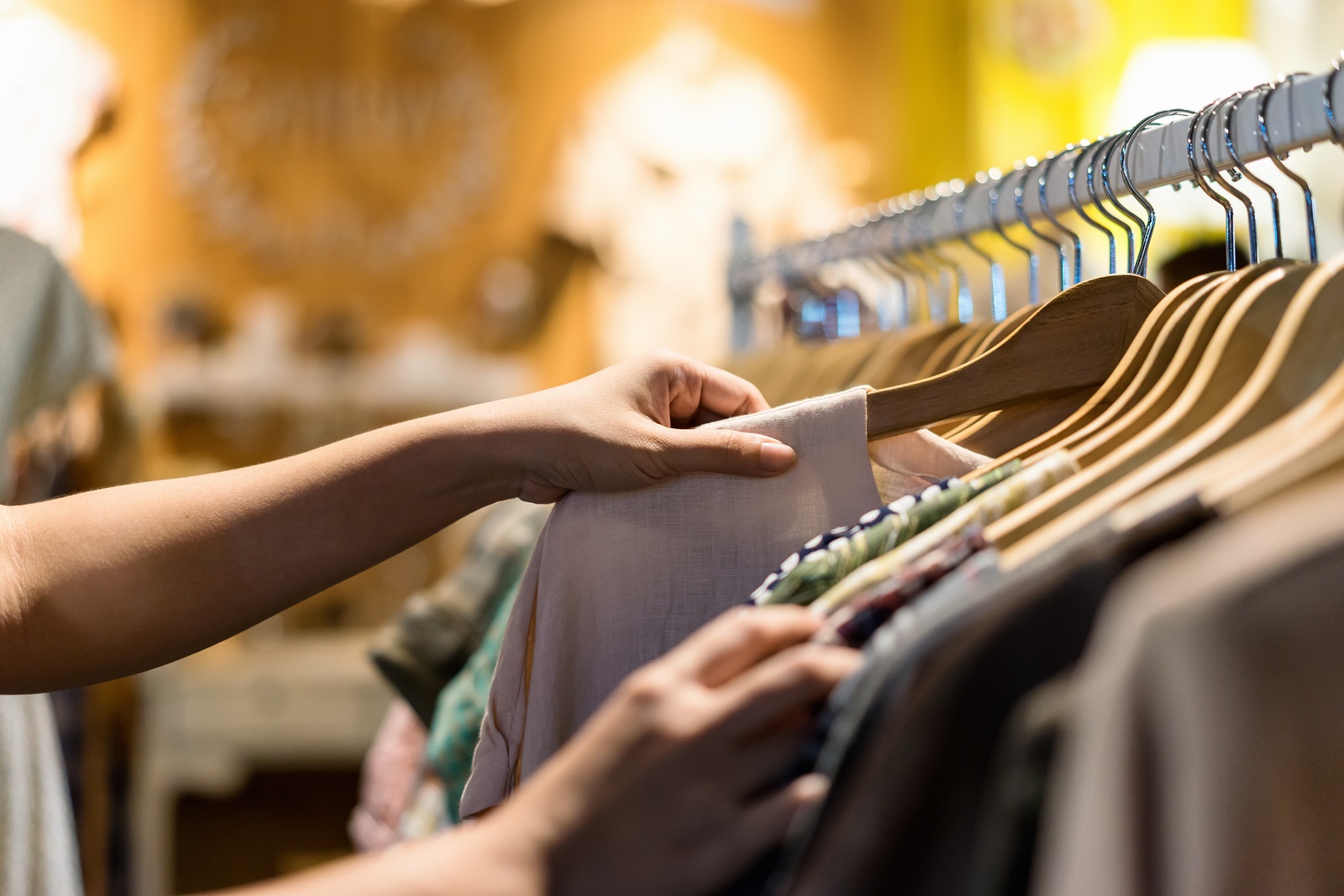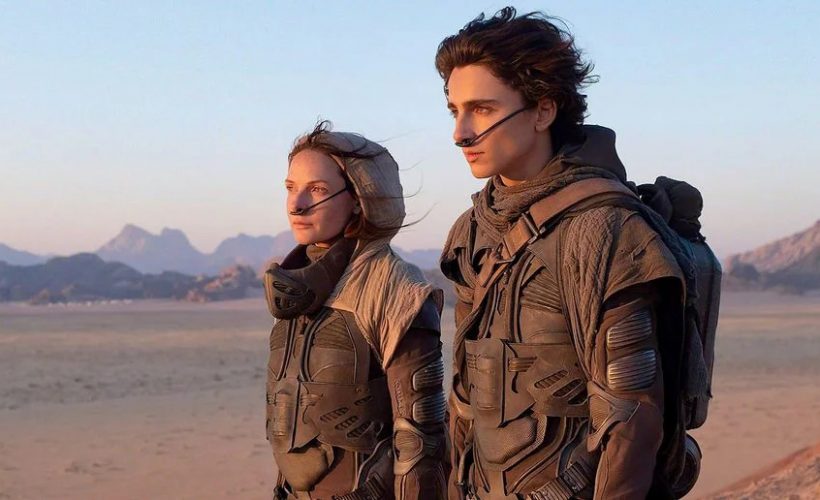Lifestyle
10.3.2019
6 designers who are challenging fashion ethic in the Middle East

“Create for a cause” is the leitmotiv of many designers who have emerged in the Middle East during the last years. At the heart of their DNA, a desire to create more ethical and sustainable brands.
In the aftermath of the tragic accident which claimed the lives of thousands workers at a textile factory in Bangladesh on April 24, 2013, the fashion industry realizes the urgency of reinventing itself through more transparent and sustainable practices. This is the birth of the FashionRevolution movement in London, followed by the hashtag #whomademyclothes. Since then, many designers from all over the world with new environmental and social concerns have been springing up. We have listed 6 of them in the Middle East.
Palestine: Babyfist, a ready-to-wear brand to fight street harassment
Founded in Ramallah by Yasmine Mjalli, an American designer of Palestinian origin, Babyfist is a fashion label that fights street harassment in Palestine. On its online shop, we can find a range of products including a serie of t-shirts, sweatshirts and denim jackets displaying feminist and provocative punchlines like “Not your habibti” (not your darling) or هي المستقبل (she’s the future). Some items which are entirely made in Palestine, Gaza, which makes Babyfist an ethical and sustainable brand. More than a brand of ready-to-wear, it became a platform for discussion and reflection on gender injustices in the Arab world. A way also to question the different perceptions of feminism in the East as in the West. Moreover, 20% of its income is donated to a sexual education and menstruation campaign targeting young women in Palestine.
Egypt: Up-fuse, 100% recycled leather goods
Rania K. Rafie and Yara Nassin are the two young Egyptian women behind Up-fuse, an ecological and sustainable leather goods brand created in 2013. In partnership with the NGO Rah el Shabab who is recycling waste in the poor district of Manshayet Nasr, in the southern suburbs of Cairo, they transform plastic released in the environment into beautifully designed bags. Among their products: city backpacks, sports bags, or even wallets with pop colors. Pieces that sometimes require more than 30 plastic bags found into the streets to be made. Part of the income is donated to finance education projects of the community of this neighborhood so called “the city of garbage”. Today, 16 women work there and Up-Fuse has achieved the challenge of social and environmental impact, as we can see on its website.
Jordan: Tania George, clothes for a cause
Born in Jordan where she grew up until she was 11, Tania George studied visual communication in Switzerland and got a Master degree in fashion design in Italy, before she flew to New York where she did many internships for different fashion brands. Launched in 2016, her eponymous brand offers a line of funky pastel-colored clothes with quirky patterns. Her products are all handmade by women tailors from the Middle East, all living in war torn countries, in order to preserve the local know-how and heritage. Her first three collections reflect her commitment for inclusion and pride of her arabic heritage: the first one, FARIDA pays tribute to Frida Khalo; the second Amman, Irbid, Baqaa, Sweileh is an homage to the chaos of her hometown, and finally Amman and Chibs, Bibs, Canary ‘AKA RECESS is a nostalgic retrospective of her Jordanian childhood. Tania George is a label which is never far from the designer origins and resolutely nostalgic, as we can see in the style of her creations very 80’s.
Lebanon: Nour Najem, designer with a conscience
Nour Najem launched her label six years ago. One year after its creation, in 2014, she joined Starch foundation, an incubator of young designers in Beirut founded by the most famous Lebanese designer: Rabih Kayrouz. From the beginning, her collections become very successful and are featured in various fashion magazines such as Vogue Arabia and Dubai Fashion News. Pieces with geometric lines, both elegant and modern for whom she earned her the V & A prize of the Art Jameel Foundation in Dubai, but also the one from the Mediterranean House of the fashion market (MMMM) in Marseille in 2017. In parallel from this eponymous brand, Nour Najem also launched the Kenzah foundation: an association that tries to convey handicraft skills to marginalized women from rural areas, in a perspective of local crafts preservation and reintegration into employment. Thus, pieces of detail sewn by women living outside Beirut have been integrated into the designer’s collections.
Bahrain: Rawan Maki, eco-friendly fashion designer
A former environmental engineer turned fashion designer, Rawan Maki wanted to create a brand that is both aesthetic and sustainable, reflecting the interaction between nature and human intervention. Her first collection, launched in 2017, is a hymn to the sea and the land as well as a conversation about the responsibility of all the invisible hands that create a final product and produce the shrinking of forests. In line with her desire to preserve the environment, its collections are designed to minimize waste and use recycled and organic materials. Thus, all her pieces are produced in limited edition and not remanufactured once sold. The materials she uses are either GOTS certified, farm grown, made with low impact dyes and consume low amounts of energy during their production process.
popular

